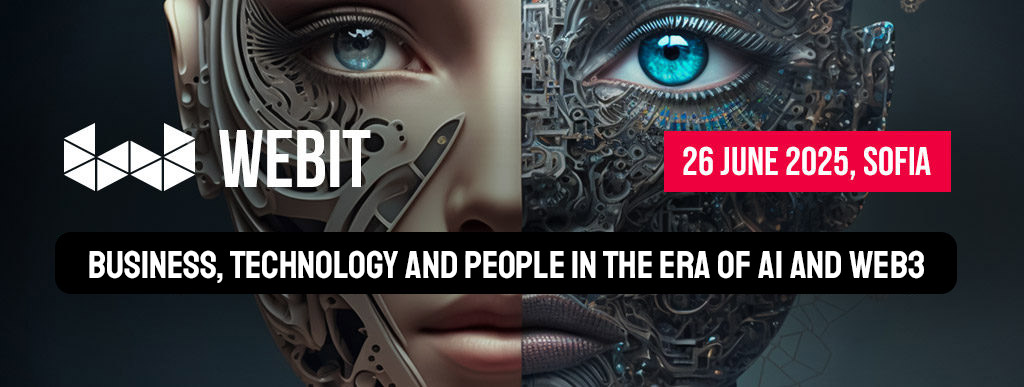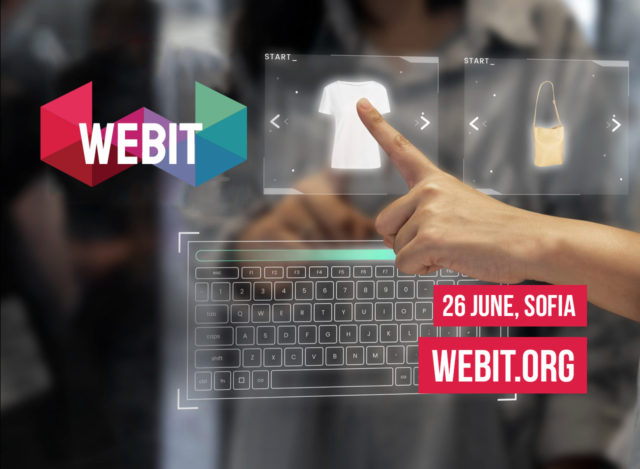In recent years, the digital advertising industry has undergone a significant shift. As privacy concerns have grown among consumers and lawmakers alike, traditional marketing methods have been called into question. With the rise of Web3 technologies, a decentralized internet that prioritizes user control, privacy, and security, there’s a unique opportunity to revolutionize personalized marketing. Web3 offers a framework that not only empowers consumers with greater control over their data but also enables marketers to deliver personalized experiences without compromising privacy.
The Web3 Revolution: A Brief Overview
Before delving into its potential for privacy-respecting personalized marketing, let’s first understand what Web3 is and how it differs from the current Web2 ecosystem.
Web3 is an evolution of the internet where decentralization, blockchain technology, and cryptocurrency play a key role in enabling peer-to-peer interactions without intermediaries. Unlike Web2, where centralized platforms (like Facebook, Google, and Amazon) control the flow of data, Web3 gives users ownership of their data, ensuring greater transparency, control, and security. Web3 technologies, such as blockchain and smart contracts, allow individuals to manage their personal data, share it on their own terms, and even monetize it if they choose.
Privacy Concerns in Current Digital Marketing
At the heart of many privacy concerns surrounding digital marketing is the pervasive data collection methods employed by major platforms. From cookies to third-party data brokers, these methods often gather vast amounts of consumer information without transparent consent. This has led to breaches of trust, as consumers have little control over how their data is collected, stored, or used. With the introduction of stricter regulations like the GDPR and CCPA, businesses are under increasing pressure to respect consumer privacy while continuing to deliver personalized marketing experiences.
Web3 offers a promising solution to this dilemma by giving individuals control over their personal data. In this new paradigm, consumers can decide when, how, and with whom they share their information, providing marketers with a unique opportunity to engage with their audience in a way that aligns with privacy standards.
How Web3 Can Transform Personalized Marketing
- User-Controlled Data Ownership One of the core principles of Web3 is decentralization. Through blockchain technology, users can own their data rather than entrusting it to third-party platforms. Using self-sovereign identity (SSI) systems, users control their personal information and can decide to share it selectively with marketers. This means that marketers can still engage in targeted campaigns based on the data provided, but with explicit consent from the user.
- Transparent Data Sharing with Smart Contracts Smart contracts, which are self-executing contracts with the terms of the agreement directly written into code, can be used to facilitate transparent data sharing between consumers and marketers. For example, a consumer might agree to share certain personal data with a brand in exchange for rewards, such as discounts or exclusive offers. These agreements can be securely recorded on the blockchain, ensuring both parties are bound to the terms and that the consumer is compensated fairly for their data.
- Decentralized Advertising Platforms Web3 enables the creation of decentralized advertising platforms, which remove intermediaries like Google and Facebook from the equation. These platforms empower advertisers and consumers to connect directly, creating a more efficient, transparent, and fair advertising ecosystem. With no middlemen taking a cut, brands can deliver more personalized experiences while ensuring a higher return on investment (ROI). Consumers, on the other hand, can choose which ads they want to see and participate in campaigns that align with their interests, knowing that their data is protected.
- Enhanced Privacy with Zero-Knowledge Proofs Zero-knowledge proofs (ZKPs) are a cryptographic technique that allows one party to prove to another party that they know something (e.g., certain personal information) without revealing the actual information. This technology has the potential to revolutionize personalized marketing by allowing advertisers to target users based on specific traits or preferences without ever accessing their raw data. For example, advertisers could send targeted offers to a user based on their purchasing habits, without ever needing to know what products the individual bought.
- Tokenized Incentives for Data Sharing Web3 can also introduce token-based reward systems that incentivize consumers to share their data in a privacy-respecting manner. Brands could reward users with tokens or cryptocurrency for providing access to their data, which they could then redeem for discounts, goods, or services. This system would not only empower users to control and monetize their data but also foster a more transparent and ethical exchange of information.
Benefits of Web3 for Privacy-Respecting Personalized Marketing
- Enhanced Consumer Trust As consumers become more aware of their privacy rights, they are increasingly skeptical of how their data is being used. Web3 offers a solution that fosters trust by giving individuals control over their data and ensuring transparency in how it’s shared and used.
- Improved Ad Targeting Without Sacrificing Privacy Traditional ad targeting relies heavily on collecting large amounts of personal data, often without users’ consent. Web3’s privacy-first approach allows marketers to continue delivering personalized experiences without overstepping privacy boundaries. This can lead to more meaningful interactions between brands and consumers while respecting privacy concerns.
- Compliance with Privacy Regulations Web3’s decentralized structure makes it easier for businesses to comply with evolving privacy regulations like GDPR and CCPA. Since users retain control over their data, they can explicitly consent to its use, making it simpler for businesses to demonstrate compliance with these laws.
- Increased Consumer Engagement By allowing consumers to choose what data they share and how they engage with brands, Web3 has the potential to foster deeper, more authentic relationships between consumers and brands. With greater control over the data-sharing process, consumers are more likely to engage with personalized marketing campaigns, leading to better results for advertisers.
Challenges to Consider
While Web3 offers a compelling vision for privacy-respecting personalized marketing, there are several challenges to overcome:
- Adoption of New Technologies: Web3 technologies are still relatively new, and many businesses may be hesitant to adopt them due to the complexity of the technology or the cost of transitioning from traditional marketing systems.
- User Education: Many consumers are still unfamiliar with Web3 concepts, such as blockchain and self-sovereign identities. Educating users on the benefits and how to manage their data within this new framework will be key to widespread adoption.
- Scalability: While Web3 offers numerous advantages, scalability remains a concern. Blockchain networks, particularly those using proof-of-work, can experience high transaction costs and slower speeds, which could hinder real-time personalized marketing efforts.
Conclusion
Web3 represents a significant leap forward in the quest for privacy-respecting, personalized marketing. By giving consumers control over their data and enabling more transparent, secure, and ethical advertising practices, Web3 has the potential to reshape the future of digital marketing. As more businesses and consumers embrace this decentralized ecosystem, we can expect a shift toward a more transparent, user-centric advertising model that prioritizes privacy without sacrificing personalization.
For marketers, the adoption of Web3 technologies not only provides a competitive edge but also fosters trust and long-term relationships with consumers. By respecting privacy and ensuring transparency, Web3 offers the foundation for a new era of digital marketing—one where both consumers and brands can thrive.
Join the discussion and learn from global leaders in the industry on the 26th of June in Sofia. Webit: Business, Technology and People in the era of AI and Web3 is an exciting opportunity for industry leaders and experts to come together to discuss the latest trends and developments in the field of the Web3 in the Personalized Marketing.
Check our ticket options here:
Business, Technology and People in the era of AI and Web3

